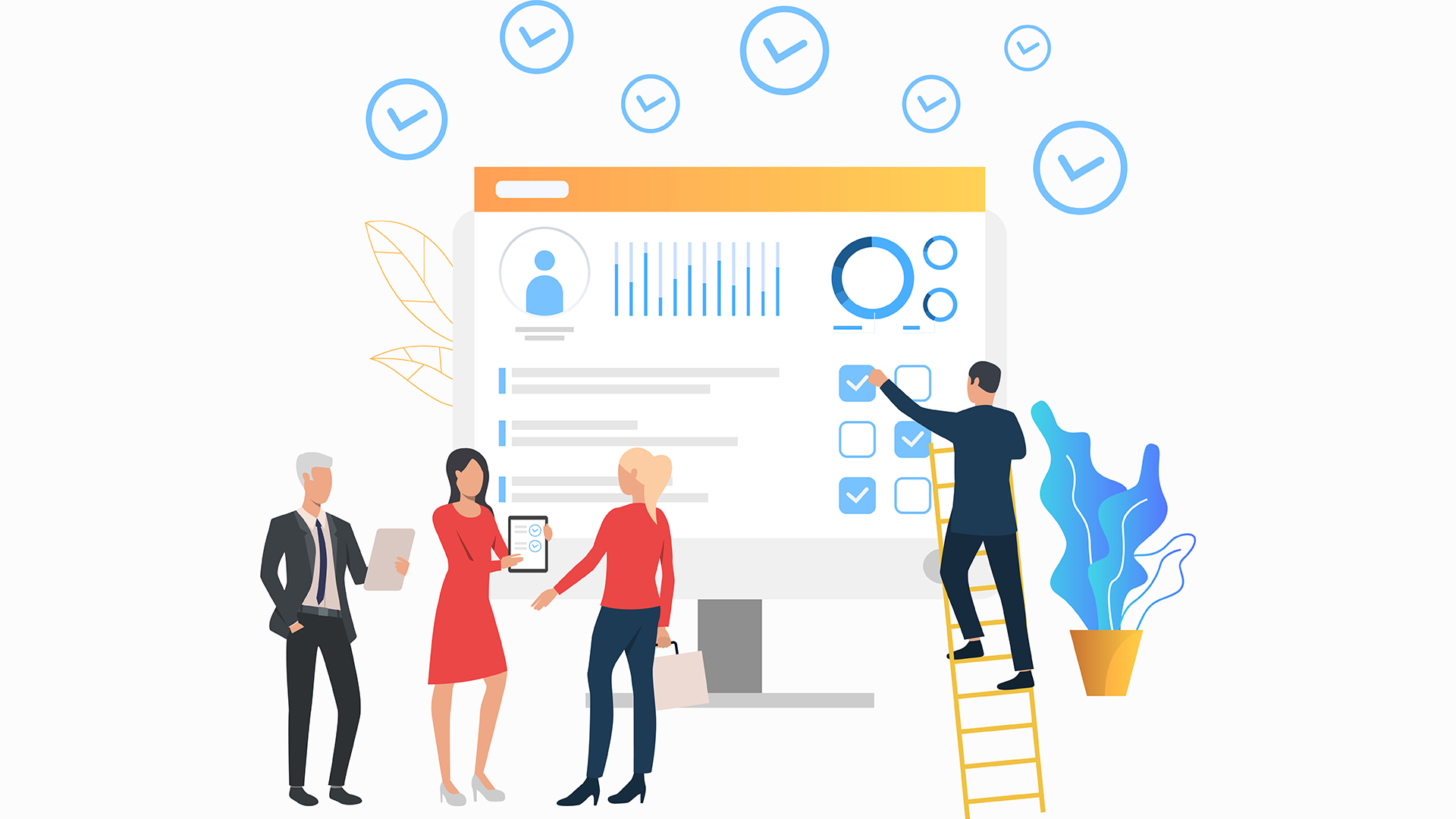QMS- Become an Auditor
Course overview
The “Quality Management Systems: Become an Auditor” course is designed to provide participants with a comprehensive understanding of quality management systems and the ISO 9001:2015 standard.
The course covers the auditing process, the role of the auditor, conducting audits, certification and accreditation, reporting and follow-up, tools and techniques, evaluating the effectiveness of a quality management system, and implementation and maintenance of quality management systems. The course also covers auditing principles and practices, auditing-specific management systems, and auditing techniques in practice. Participants will also have the opportunity to learn through case studies and practical exercises and work on a final project to demonstrate the skills learned during the course.
Upon completion of the course, participants will take an exam and, upon passing, will receive a certification. This course is suitable for professionals in the quality management field, internal auditors, and those who are looking to become certified auditors. The course will give them the knowledge and skills they need to effectively plan, conduct, report, and follow up on audits and improve the overall performance of the Quality Management System.
This course is suitable for professionals who want to become auditors or improve their knowledge and skills in quality management systems. The course is intended for:
- Quality managers
- Internal auditors
- External auditors
- Quality assurance professionals
- Operations managers
- Consultants
- Anyone interested in quality management systems and the audit process
Learning Objectives
After completing this course, you will be able to:
- Understand the concepts and principles of quality management systems and the ISO 9001:2015 standard.
- Learn about the auditing process, including planning, conducting, reporting, and follow-up.
- Develop the skills necessary to conduct an effective audit, including auditing techniques, methods, and tools.
- Understand the role and responsibilities of the auditor and how to communicate and report effectively.
- Learn about certification and accreditation and the process of maintaining a quality management system.
- Understand how to evaluate the effectiveness of a quality management system, identify opportunities for improvement, and implement corrective and preventive actions.
- Develop expertise in specific management systems standards such as ISO 14001, ISO 45001, ISO 22000, and ISO 27001.
- Gain practical experience through case studies and exercises, and apply what you have learned to a final project.
- Prepare for an audit by understanding the audit planning and preparation process.
- Pass an exam and earn a certification in Quality Management Systems Auditing.
Personal Benefits
- Gaining a comprehensive understanding of quality management systems and the ISO 9001:2015 standard
- Developing the skills and knowledge needed to effectively plan, conduct, and report on audits
- Enhancing communication and reporting skills to effectively convey audit findings
- Improving problem-solving and decision-making abilities through the use of tools and techniques such as root cause analysis
- Earning a respected and internationally recognized certification, which can lead to career advancement opportunities and higher salaries
Organizational Benefits
- Improving the overall effectiveness and efficiency of the organization’s quality management system
- Enhancing customer satisfaction and loyalty by consistently meeting or exceeding customer requirements
- Identifying and addressing areas for improvement within the organization
- Improving the performance and competitiveness of the organization in the global market
- Demonstrating a commitment to quality and continuous improvement to customers, suppliers, and regulatory bodies
Our Unique Training Methodology
The training methodology for this course will include a combination of theoretical lectures, interactive discussions, case studies, practical exercises, and a final project. Participants will be provided with a comprehensive course manual and will have access to additional resources such as videos, presentations, and articles. The course will be conducted by experienced and certified quality management professionals who will share their knowledge and experience with the participants. The course will be interactive and will encourage participation and engagement from all participants. The final project will provide an opportunity for participants to apply the knowledge they have acquired during the course in a real-world scenario.
Training Medium
This Behavioral Interviewing training is designed in a way that it can be delivered face-to-face and virtually.
Course Modules
Module 1: Introduction to Quality Management Systems and ISO 9001:2015
- Overview of quality management systems and their importance
- The history and evolution of ISO 9001
- Understanding the structure and contents of the ISO 9001:2015 standard
Module 2: The Auditing Process
- Planning and preparing for an audit
- Conducting the audit
- Reporting the audit findings
- Follow-up and closure of the audit process
Module 3: The Role of the Auditor
- The responsibilities and expectations of an auditor
- The auditor’s code of conduct
- Communication and reporting skills for auditors
Module 4: Planning and Preparing for an Audit
- Identifying the scope of the audit
- Developing an audit plan
- Identifying audit objectives and criteria
- Establishing audit team and schedule
Module 5: Conducting the Audit
- Auditing techniques and methodologies
- Reviewing documentation and records
- Interviewing and observation techniques
- Sampling and measurement techniques
Module 6: Certification and Accreditation
- Understanding the certification and accreditation process
- The role of the certification body
- Maintaining certification
Module 7: Reporting and Follow-up
- Preparing and presenting the audit report
- Communicating the audit findings
- Implementing corrective and preventive actions
Module 8: Tools and Techniques
- Overview of tools and techniques used in auditing
- Checklists, sampling, and statistical techniques
- Root cause analysis and problem-solving techniques
Module 9: Evaluating the Effectiveness of a Quality Management System
- Measuring and monitoring the performance of the QMS
- Identifying opportunities for improvement
- Evaluating the effectiveness of corrective and preventive actions
Module 10: Implementation and Maintenance of Quality Management Systems
- Steps for implementing a QMS
- Document control
- Internal auditing
- Management review
- Continual improvement
Module 11: Auditing Principles and Practices
- Auditing principles and best practices
- Types of audits
- Audit planning
- Audit evidence
- Audit reports
Module 12: Auditing Specific Management Systems
- Auditing ISO 9001:2015
- Auditing ISO 14001:2015 (Environmental Management Systems)
- Auditing ISO 45001:2018 (Occupational Health and Safety Management Systems)
- Auditing ISO 22000:2018 (Food Safety Management Systems)
- Auditing ISO 27001:2013 (Information Security Management Systems)
Module 13: Auditing Techniques in Practice
- Preparing for an Audit
- Conducting an Audit
- Audit Findings and Nonconformities
- Audit Follow-up and Closure
Module 14: Case Studies and Practical Exercises
- Case studies from different industries
- Practical exercises to reinforce the concepts learned
Module 15: Final Project
- A final project that will demonstrate the skills learned during the course.
Module 16: Project Review, Exam, and Certification
- Review of the final project
- Exam to test the knowledge acquired during the course
- Certification awarded to successful participants






